Environmental education and the outdoor classroom
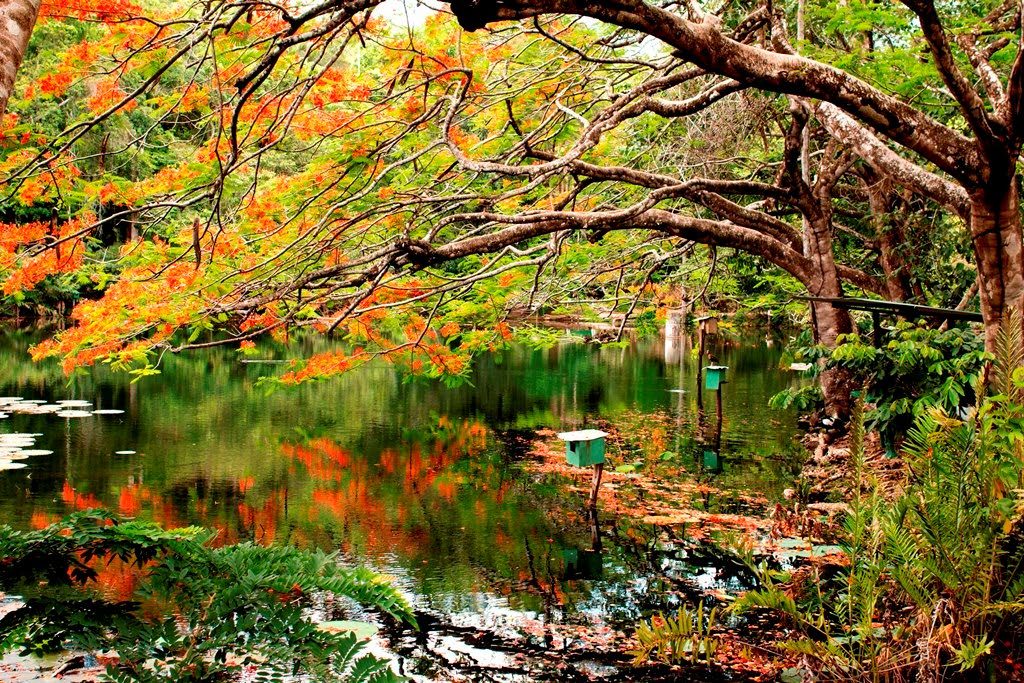
MOLLY R GASKIN,
Pointe-A-Pierre Wildfowl Trust
ENVIRONMENTAL education plays an important part in conservation, as pressures now being put on planet earth calls for a new awareness. This is vital if human societies are to survive. Environmental education and public awareness have a long-term task to foster and reinforce attitudes compatible with this awareness.
Environmental education is important in every field of learning and endeavour and can be brought in and taught in any area of education. Children need a wide variety of experiences to facilitate concept development, especially in their early years. Concepts such as inter-dependence, adaptations, attitudes of co-operation, sensitivity to the rights of others and the skills of group interaction, and this can only come with an appreciation of how people and all life fit together as one ecological whole. Environmental education today is a matter of survival.
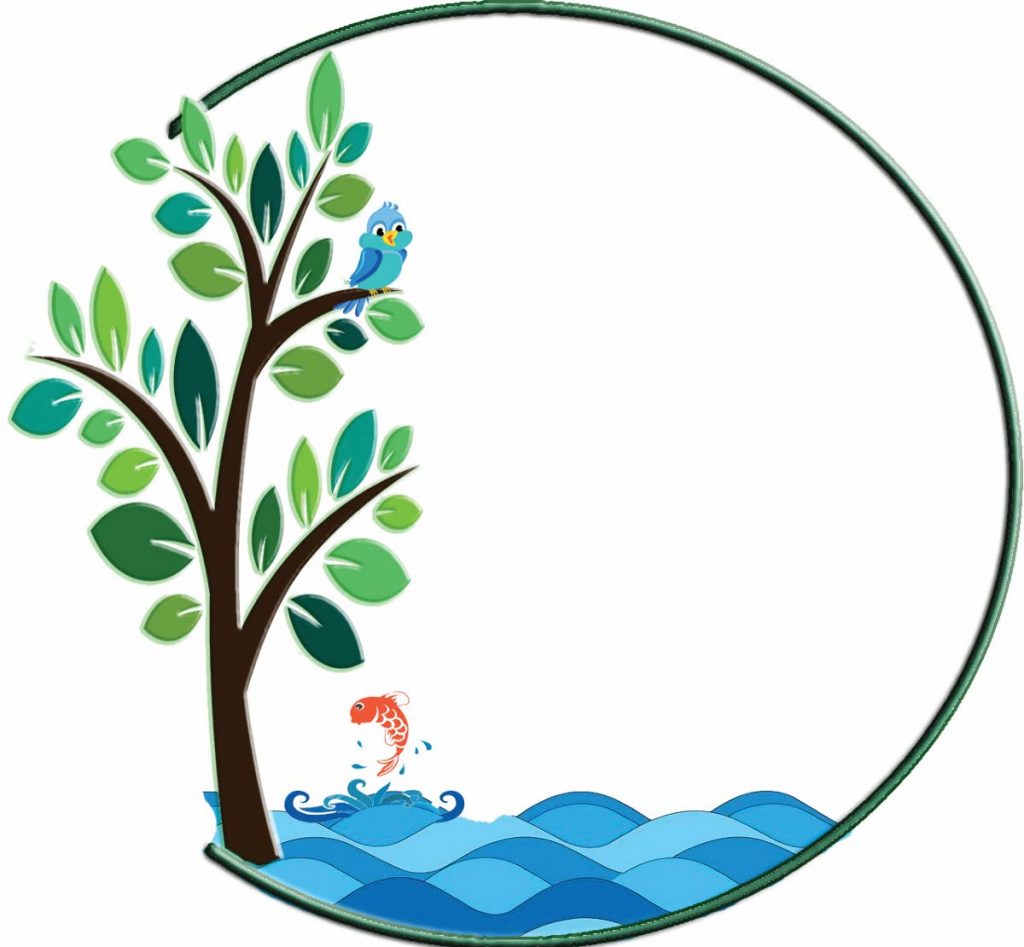
It, however, should not only be taught in schools, it should be taken outdoors. Outdoor education is the extension of the learning experience beyond the four walls of the classroom, bringing the written word to life. It is an attempt to bring the lives of children and young people the wonder of an intimacy with the out-of-doors. It should take place during school time and be part of the curriculum. There are some things that are best done out of the classroom. Outdoor education and field work offer children and young people the chance to realise first-hand that they are surrounded by a part of the eternal processes of life.
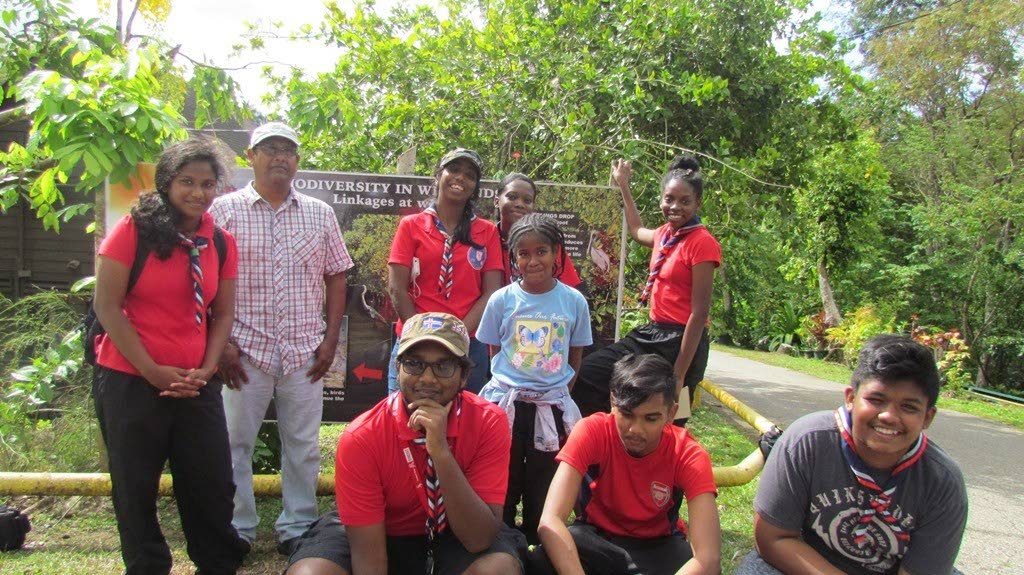
The improper use of planet earth through pollution and mismanagement has found humanity with one of the greatest ecological problems in its history. The pattern of society has changed, life has become highly organised. Too many of our children are growing up in surroundings where they have little or no exposure to the real and natural world and the great elemental forces which govern the inter-relationships of all life around them, nor the understanding of the urgent need for a state of harmony between human beings and planet earth. Today’s student has lost touch with his natural roots. Whether he likes it or not man is part of and needs the earth. He needs fresh air, water and soil to support the plant and animal communities upon which he himself depends on for his very existence.
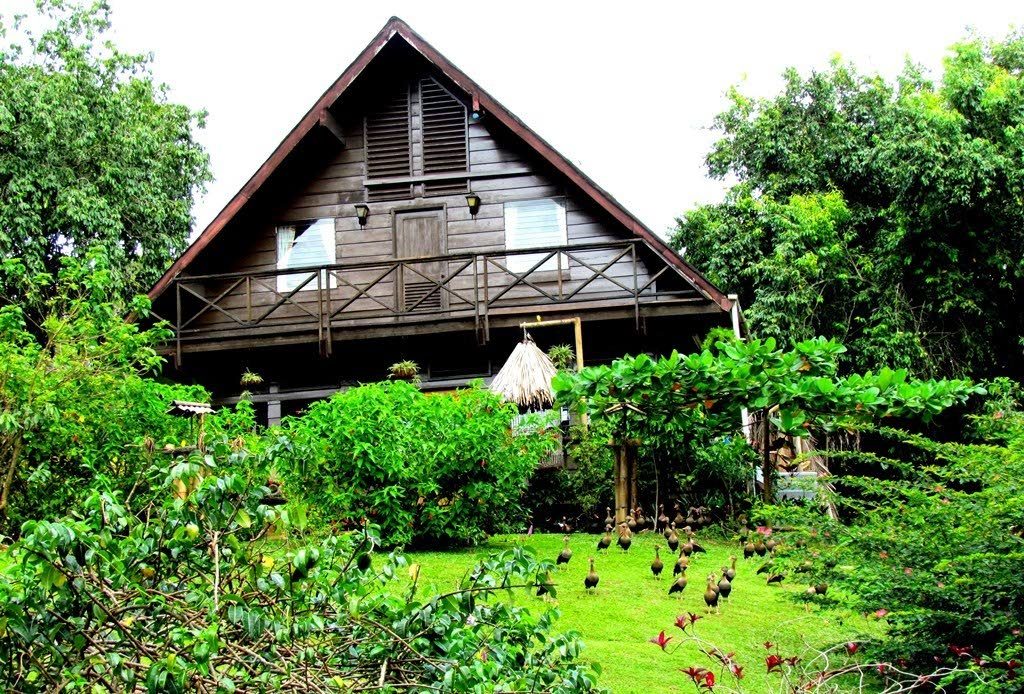
Environmental education outdoors can provide the exposure, the understanding, and the attitudes which control the gap in man’s needs.
Through this informal setting the environmental educator can get across new ideas and suggestions to the classroom teacher. When a regular classroom teacher and his or her class visits an outdoor research centre or wildlife reserve, the teacher as well as the children is exposed to the techniques of working with a class in an “unroofed lab.” Visiting such a centre should give the teacher and students a strong motivation and ideas for many weeks of extended activities back in schools.
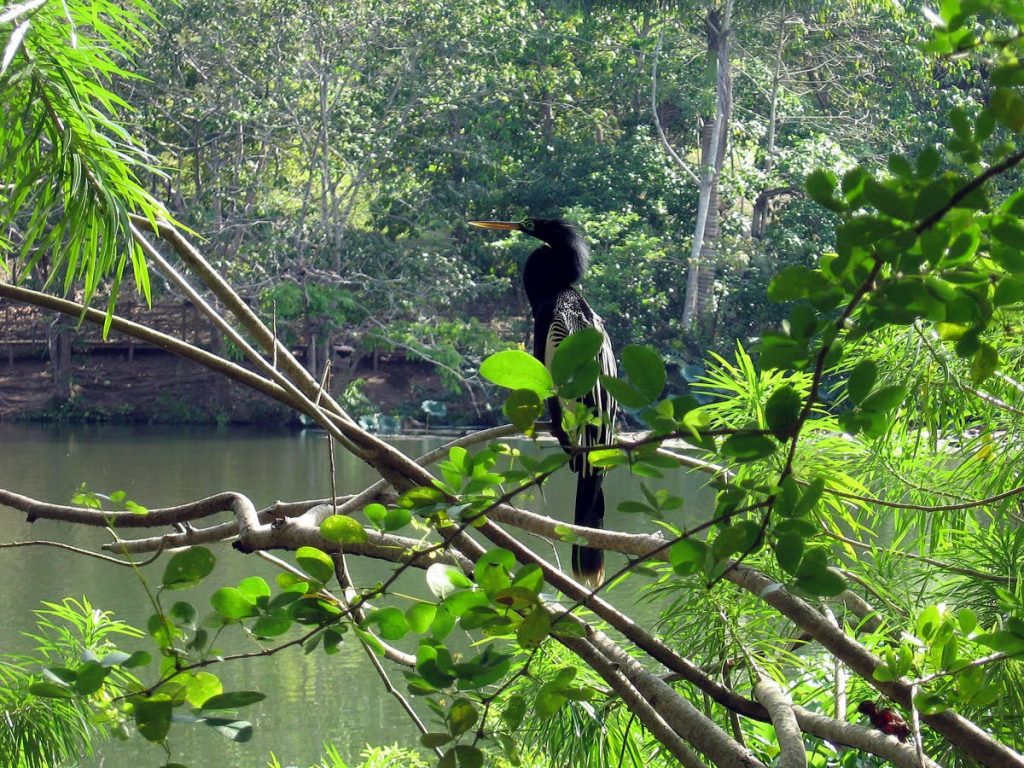
Part of the aim of environmental education is to develop proper resource-use conscious citizens. We urgently need to create a more caring and environment conscious people, whether doctors, lawyers, industrialists or governments. To do this there must be a spark of concern. The amount of success we have depends on how brightly burns that spark of concern, and that spark, the teachers, parents as well as each one of us, must strike in the minds and consciousness of our children, and, they will respond.
In the final analysis and in the long run, the greatest contribution of environmental education and the outdoor classroom will be to point out to each child the positioning of human beings in their correct place in the universe, a part of planet earth. If there is not too much we can change today, we can change tomorrow.
Earth Day Tip
Forego the forks
If you’re ordering takeout at home, there’s no need to use plastic forks and knives. One of the easiest ways to be more eco-friendly is simply to ask the restaurant not to include napkins, utensils, or condiments with your order.

Comments
"Environmental education and the outdoor classroom"